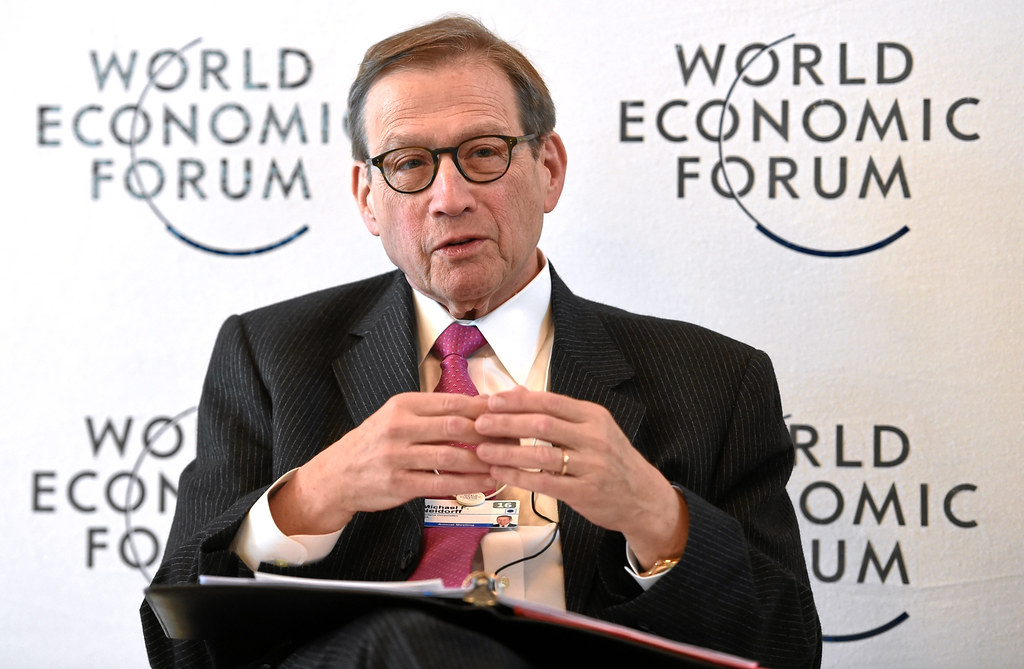
In July 2016, Centene Corp. was hard-pressed to implement damage control following the losses suffered after the takeover of Health Net a few months before. Shareholders were in an uproar, and Centene CEO Michael Neidorff must justify the merger that cost the giant insurer more than $6 billion. Already, Neidorff had a plan to recoup the losses but put thousands of patients in misery.
Neidorff tasked top law firm Manatt, Phelps & Phillips’ to implement the course of actions that, for him, will save Health Net’s business. In California, the directive was to deny or suspend payments to over a thousand behavioral treatment providers, all of them identified as out-of-network. The Manatt lawyers had set out to set things in motion, and the subsequent execution will prove disastrous.
Soon enough, Centene sent letters to targeted behavioral treatment centers, many of them operated by Sovereign Health, and bluntly inform them that payments would be on hold pending an investigation. Claiming accusations of fraud, Centene upgraded the payment suspension to eventual denial, and chaos ensued. Treatment centers closed down, and patients’ recovery from their illnesses was abruptly discontinued.
The Latter From Health Net SIU Chief Matthew Ciganek
The investigation that Centene started saw Matthew Ciganek taking charge of the Health Net special investigation unit (SIU). Ciganek is an accountant by profession and had no previous experience in heading an SIU audit. However, lawyers from the Manatt law firm covered his inadequacies, and the team composed a letter bearing his signature.
It was unconfirmed if the letter’s contents had the authorization of Ciganek, but the message was clear: The audit alleged the detection of fraud, and all payments had been suspended. And the trouble started that saw Sovereign and similar care providers closing shop. But the patients were the most affected as suddenly, their access to quality medical care was cut off. There is no telling if the service will be resumed soon.
What followed was a drawn-out showdown that pitted Centene and Sovereign, alongside other mental care providers. As if desperate to arrest Health Net’s heavy financial bleeding, Centene issued a blanket declaration to stop all payments pending the submission of requirements that care providers said were designed for non-compliance. It appeared that Centene’s intention was for the policyholders to forfeit their claims without a fight.
On Sovereign’s part, the company had to fend off accusations of illegal business practice. The SIU audit outlined a string of allegations that pictured Sovereign as engaged in unlawful, unethical, and immoral activities. Specifically, the probe claimed that Sovereign was guilty of:
- Opening facilities mainly to generate revenues
- Billing insurance companies for unfulfilled services
- Or double billing for services already rendered
- Directing employees to alter patient diagnoses
- And human trafficking by trading patients

Sovereign Health Hits Back
Naturally, Sovereign denied the malicious accusations and countered with a lawsuit that exposed Centene’s bold wrongdoings and the conspiracy perpetrated by its legal team. Sovereign pointed out that Neidorff deployed his lawyers to smear the care provider’s reputation and batter it to submission. The Manatt lawyers used their FBI connections to carry out a raid on Sovereign facilities in June 2017, and the desired result was achieved indeed.
The raid by federal and state authorities succeeded in terrorizing Sovereign personnel. But the most chilling effect was on the patients under the care of Sovereign specialists. They were driven out of the facilities that eventually got shuttered.
Sovereign CEO Tonmoy Sharma assailed the raid’s “shock and awe tactic” as unnecessary. Dr. Sharma asserted that Sovereign was set to comply and cooperate with authorities. However, it seemed that Centene’s game plan was ready to be acted on all along, as indicated by the Ciganek letter.

